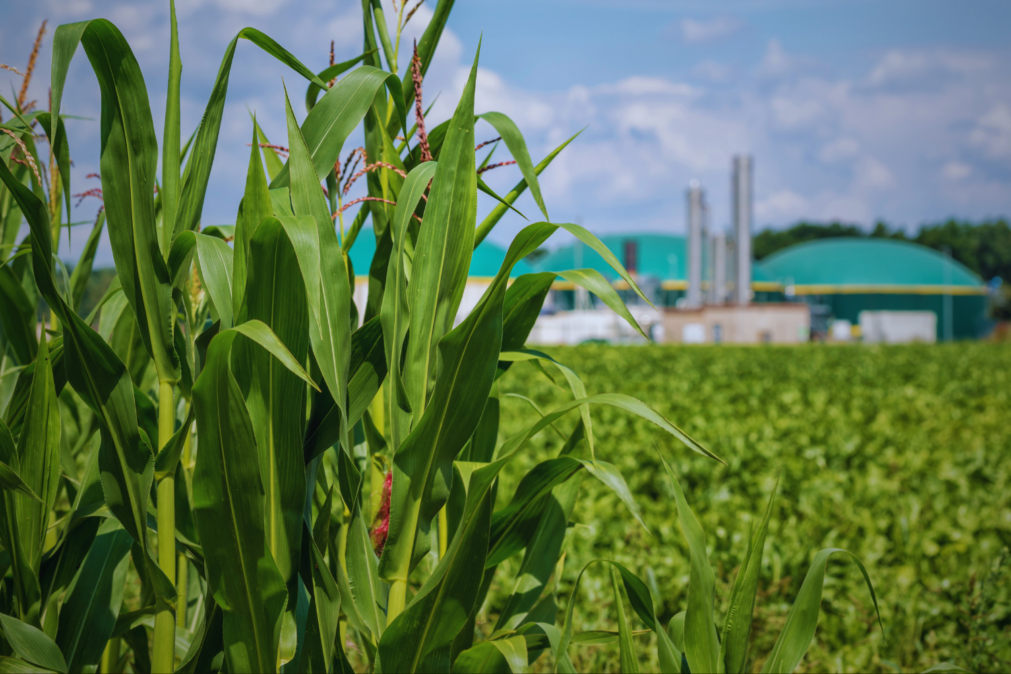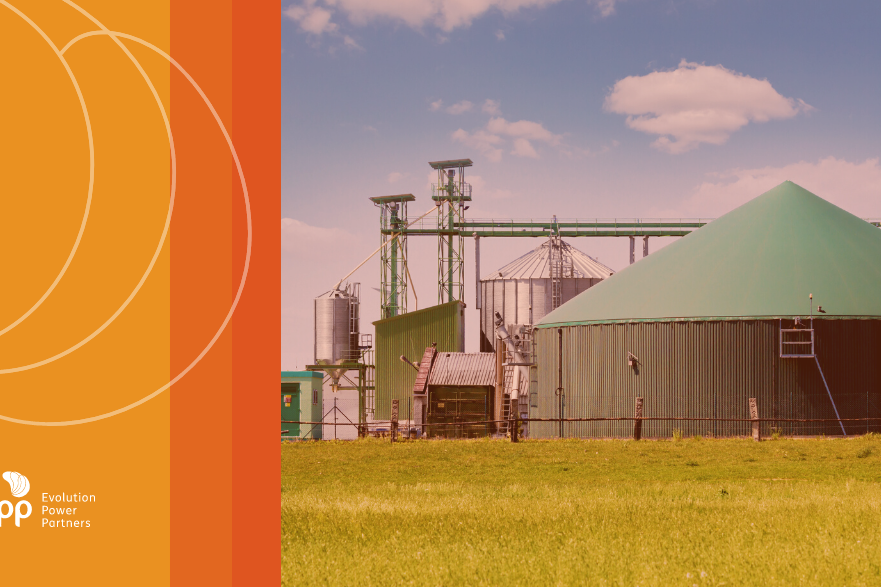For Brazil, the expectation is that the event will bring opportunities to attract investors interested in exploring the country’s clean energy potential.
The 2022 United Nations Climate Change Conference, better known as the UNFCCC Conference of the Parties, or COP 27, took place from November 6 to 18, 2022, in Egypt. During the 12-day conference, country representatives and civil society discussed ways to face and adapt to climate change.
As main topics, the participants discussed the mitigation of greenhouse gases and agreements between nations to contain global warming. At COP 27, the debates had, as their main axis, the new report of the Intergovernmental Panel on Climate Change (IPCC), which analyzes vulnerabilities, capacities and limits of the world and society to adapt to climate change.
Thus, the focus of this year’s conference was on financing developed countries to assist developing nations in order to contain damage and prevent further climate change.
Brazil at COP 27
Brazil took advantage of the event to show the world its potential for generating clean, renewable and cheap energy. According to the Minister of the Environment, Joaquim Leite, the Brazilian delegation sought to show the country’s potential for the generation of green energy, to bring climate financing and to accelerate actions through the private sector.
The country has an energy potential for the generation of energy on land, with wind, solar and biomass plants of 100 GW. When it comes to offshore wind, the potential is even greater, around 700 GW. This corresponds to what would be generated by 50 Itaipu plants. Currently, Brazil produces 180 GW, that is, it is a significant volume for expansion.
To exploit the full potential of 700GW of wind farms in the Brazilian sea, an investment of BRL 1 trillion would be needed, according to a consultancy. Going beyond the expansion of energy production, investments also catalyze the local economy and social development.
Therefore, the world is looking at this opportunity because Brazil is a country with a vast coastal area and with little incidence of storms. With this, it is possible to install wind turbines, without the great maintenance concern that happens in other regions, such as the North Sea, in Europe, where there are constant storms. Due to these characteristics, Brazil probably has the cheapest cost of offshore wind energy.
For experts, Brazil plays a fundamental role in contributing to the mitigation of climate change. First, the country has enormous potential to become a major recipient of funding to conserve its biodiversity and invest in clean energy projects.
The executive director of the International Finance Corporation (IFC), Makhtar Diop – an arm of the World Bank – stated that Brazil is one of the main targets of investors, largely because of the possibility of setting up sustainable businesses and that it is of fundamental importance in the energy transition. From Latin America.
The country also has an outstanding energy matrix with a renewable index of 84%, compared to 27% of the world average. The solar and wind arrays broke production records in 2022, respectively 14 GW and 22 GW, together the production was enough to provide clean energy for 40 million Brazilians.
If you are interested in this subject, read about ESG goals and their relevance in companies.






